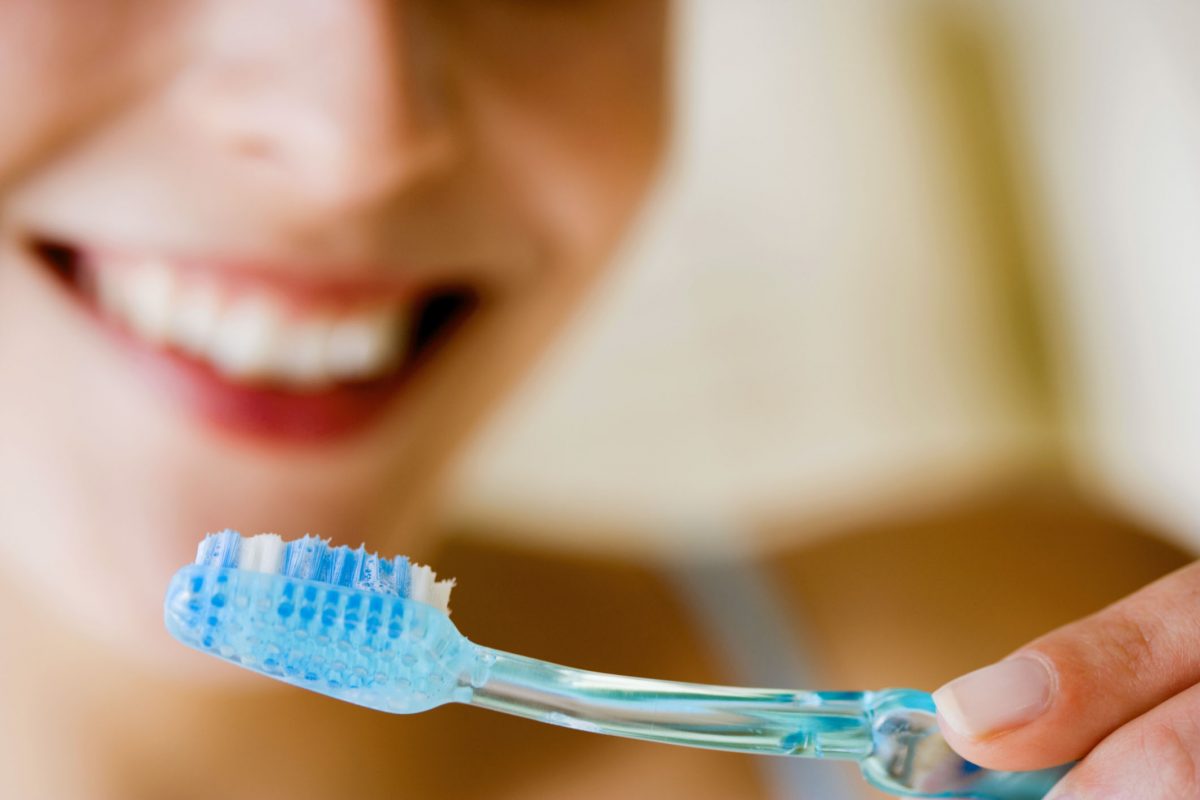In recent years, charcoal has gained popularity as a trendy ingredient in oral care products, promising a natural and effective solution for achieving a brighter, whiter smile. From charcoal toothpaste to charcoal-infused toothbrushes, the market is flooded with these products. However, before jumping on the charcoal bandwagon, it’s crucial to understand the pros and cons associated with using charcoal for oral care.
Pros of Charcoal Oral Care
- Natural Whitening Properties
- Charcoal is known for its natural teeth-whitening properties. Its abrasive nature helps remove surface stains from the teeth, resulting in a brighter smile. This makes charcoal oral care products an attractive option for those seeking a non-chemical alternative to traditional whitening methods.
- Detoxification and Odor Control
- Charcoal is renowned for its ability to absorb toxins and impurities. In oral care, it can help absorb bacteria and toxins, contributing to improved breath freshness. Charcoal’s adsorption capabilities make it a promising ingredient for those battling bad breath.
- Gentle Exfoliation
- Charcoal provides a gentle exfoliation for the teeth, aiding in the removal of plaque and tartar buildup. This can contribute to better oral health and a reduced risk of cavities and gum disease.
- Environmentally Friendly
- Many charcoal oral care products boast natural and eco-friendly formulations, appealing to consumers who prioritize sustainability. Charcoal is a renewable resource, and its use aligns with the growing demand for environmentally conscious products.
Cons of Charcoal Oral Care
- Abrasive Nature
- While charcoal’s abrasiveness contributes to its whitening effect, it can be detrimental to tooth enamel over time. Excessive use may lead to enamel erosion, tooth sensitivity, and increased vulnerability to cavities. Dentists often advise caution and moderation when using charcoal oral care products.
- Messy Application
- Charcoal toothpaste and powders can be messy to use, staining sinks, countertops, and clothing. The black residue left behind may not be suitable for those who prefer a clean and tidy oral care routine.
- Lack of Fluoride
- Many charcoal oral care products do not contain fluoride, a mineral essential for preventing tooth decay and strengthening enamel. This absence may be a concern for individuals relying solely on charcoal products, as they might miss out on the proven benefits of fluoride in preventing cavities.
- Limited Scientific Evidence
- While charcoal oral care has gained popularity, scientific evidence supporting its long-term efficacy and safety is limited. More research is needed to determine the potential risks and benefits associated with consistent use over time.
In the realm of oral care, charcoal presents a double-edged sword with its natural whitening properties and potential drawbacks. As with any trend, it’s crucial to approach charcoal oral care with a balanced perspective, considering individual oral health needs and consulting with dental professionals for personalized advice. While charcoal can be a valuable addition to an oral care routine, users should remain mindful of its limitations and potential risks.
If you would like to find out more, contact Dr. Ahmadi at 323-312-0500 to schedule a consultation or visit www.dentalandimplantcare.com for additional information.
Dr. Mike Ahmadi proudly serves Bell and all surrounding areas.

